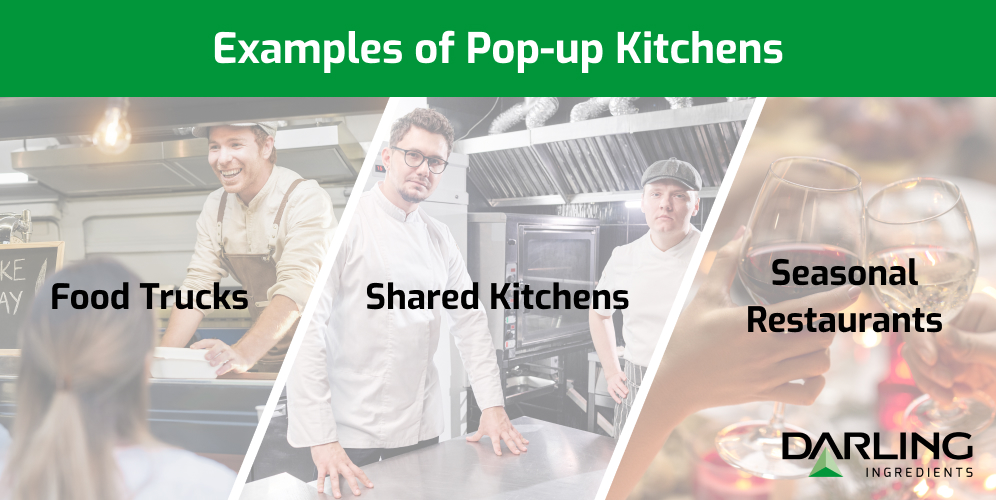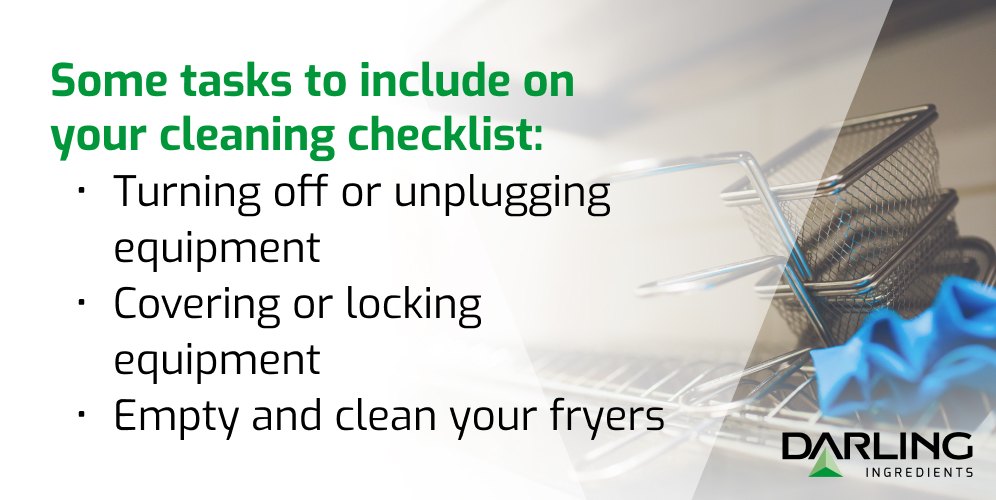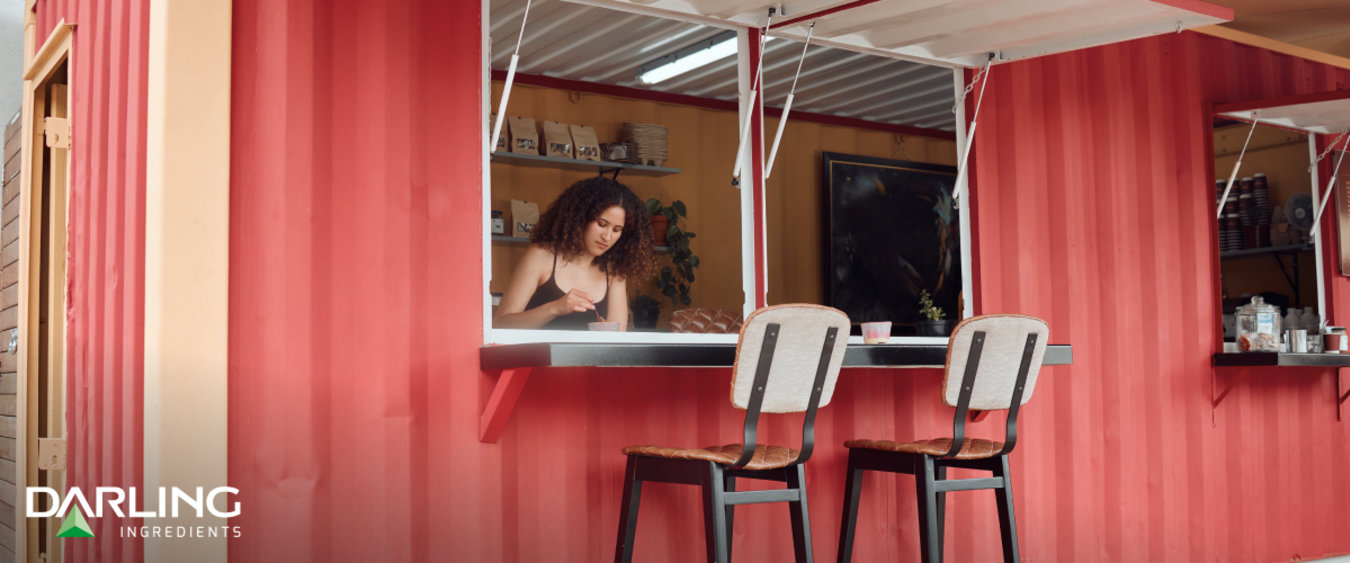Food has always existed, but we’ve come a long way from bread, cheese, and wine. The culinary arts are ever-expanding. Restaurateurs are adding new twists to old classics and creating dishes that no one expected would taste good. It’s a great time to be a foodie.
Over the last few years alone there have been several food industry innovations, like the rise of ghost kitchens. Some trends will come and go, but the truth is that innovative dining experiences are drawing customers by the thousands worldwide.
A recent trend that has customers sprinting to get a taste is pop-up kitchens, and as their name implies, they show up for a limited time and offer exclusive time-sensitive delicacies. Let’s learn what they are, how they work, and why they’re a great new restaurant model.
What are Pop-up Restaurants?
Pop-up restaurants are only open for a limited time. How often they open and how long they are open is up to the business owner. Pop-up restaurants could be open:
Weekly
Monthly
Seasonally
Sporadically
There’s no hard rule for how often these kitchens need to open. That’s what makes them such a great idea. No more waiting through the slow season and having to change your menu to accommodate for seasonality. Just set your menu, open when you can, and serve great food.
Pop-up However You Want
The ways a pop-up can pop-up are almost limitless. Here are some examples of pop-up kitchens and how they work:
Food Trucks: These kitchens have the luxury of being mobile. They can set up at whatever location they think will be advantageous. Some food truck owners might choose to have a set schedule, but others decide to give customers a day, or even just hours of notice.
Shared Kitchens: If you’re not fully sold on making food in a cramped van, a shared kitchen could be a better option. Some restaurants are only open for certain meals or they’re closed until dinner. Pop-up restaurants rent kitchen space while the restaurant is closed.
Seasonal Restaurants: This pop-up restaurant concept is the most common form of temporary restaurant. These kitchens either open only for a season or close for a season. Canada’s extreme weather conditions make this choice optimal for some businesses.
Whichever model you choose you’ll be able to avoid the slow season and focus on making great food when it counts most.

Starting a Pop-up Restaurant
If all this sounds great to you, here’s what goes into opening a successful pop-up restaurant.
Startup Costs
The startup cost of your restaurant will depend on the scale of what you’re dreaming of. Opening a high-end luxury dining experience that only serves food when the moon is full is going to cost you more than starting a transportable hotdog stand.
Startup costs for a pop-up restaurant include:
Business License
Ingredients
Staffing
Rentals or purchasing commercial kitchen equipment
Marketing costs
Your start-up costs will vary greatly depending on which direction you want your restaurant to go. One thing is certain though, do not skimp out on marketing.
Promotion & Marketing
For your pop-up restaurant to be successful, you will need to generate buzz. The most successful food trucks can send a single tweet and have dedicated fans flocking to their location. Keep a pulse on your audience and reach them using:
Social media
Event marketing
Flyers
A megaphone (it works in a pinch!)
Use your marketing as a way to get creative, but when in doubt, you should spend as much as you can on a good marketing campaign. Better to cut costs on plates than for no one to show up.
Your promotional material should tell the story of the experience you’re selling to customers. It needs to highlight the creative concept of your kitchen.
Hone a Creative Concept
There should be something unique about your kitchen. Time sensitivity and exclusivity will only get you so far. You need to have a creative concept to lure customers in.
Even if your menu consists of just burgers and fries, there are unique ways to tie the experience to something new. For example, Karen’s Diner serves traditional American diner food, but the staff is openly rude and mean to customers. It’s not recommended to do this, but the concept stuck so well that it is now a permanent restaurant with locations in 3 countries.
Here are some ways you can create an interesting restaurant:
Offering seasonal favorites from different parts of the globe
Dinner and a show
A dining experience that is also an escape room
Communal dining
How you present your restaurant is just as important as what your menu is.

Create a Menu
Pop-up restaurant menus are small because they don’t have the space to cook multiple options. Instead, their menus feature a short list of options they make incredibly well.
Limitations are the birthplace of creativity. Constraining your restaurant to a short menu will give you the space to create the best version of each item.
Find a Location
Pop-up restaurants that don’t have wheels should put extra effort into finding a great location. The best-case scenario would be a spot with low rent, great foot traffic, and preexisting kitchen equipment.
You can also get creative with your location. Open-air markets and off-the-beaten-path experiences will only enhance the flavor of your cuisine.
Secure Equipment
After you’ve finished your menu, start thinking about what your restaurant needs. Exactly what your restaurant needs. Any extra equipment should be cut due to limited space.
Depending on your starting capital you may want to rent some equipment or buy it outright. If you plan on going the food truck route, swap out single-use plastics for eco-friendly options. It’ll help the environment and give you less to clean.
Closing A Pop-Up Restaurant
You might close your pop-up for a season, a week, month, or a year. The time your restaurant is closed is important. You can’t just lock the door and walk away. Here is what should happen when closing a pop-up restaurant.
Create a Cleaning Checklist
You should already have a cleaning checklist for regular operations, but this one should cover closing for an extended time. Creating this before it’s time to close will help you keep track of all the tasks you need to complete.
This can include:
Turning off or unplugging equipment
Covering or locking equipment
Empty and clean your fryers
Even if you close for a week, some of your ingredients could go bad. Don't waste your extra food and instead, donate it to local food kitchens or give it to your staff.

Important: For Seasonal Restaurants
When closing for an extended time, it’s important to close up tightly. Make sure everything is off, perishable food is donated, and the rest is stored.
If you’re looking for more information on how to close your restaurant for a season, check out our article on seasonal restaurants.
Recycle Your Used Cooking Oil
Used cooking oil is the often forgotten responsibility of kitchens. You are responsible for disposing of your used cooking oil correctly. There are a lot of wrong ways to get rid of your used cooking oil. Letting it sit for a long time is not ideal, as it will attract unwanted critters.
Leave your used cooking oil responsibilities to the pros by partnering with Darling Ingredients Canada. We offer used cooking oil containers as well as custom pickup schedules to fit your needs. Contact us today to see how we can help.
Keep Generating Hype
The off-season is an important time for your pop-up restaurant. Keep tabs on your audience with occasional social media posts:
Share other restaurants that are opening
Post pictures of any work you do while closed
Generate excitement by teasing opening or menu items
Don’t let your seasonal work go to waste. Keep the excitement high through the whole year.
Used Cooking Oil Recycling for Pop-up Kitchens
Pop-ups have a unique challenge when it comes to recycling used cooking oil, but it shouldn’t be off the menu. Contact Darling Canada to see how we can fit into your kitchen's unique schedule, and streamline your used cooking oil collection process.
Contact Sales
For customer service inquiries call our toll free number (800) 263-0302
By submitting this form I agree to the privacy policy including the usage of contact details to contact me for marketing purposes.
